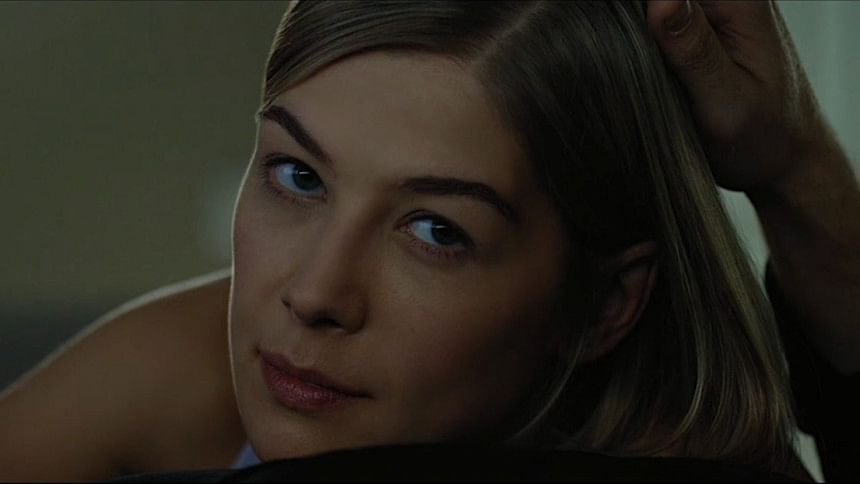The "good for her" cinematic universe: gaslight, gatekeep, girlboss

The revenge driven "good for her" subgenre is being loved by many film enthusiasts at the moment, especially Gen-Z and millennials. The "good for her" cinematic universe depicts a gory and dark depiction of women and their femininity. This subgenre of films thrives on the entertainment and satisfaction of enraged women, seeking revenge where they discard their morality and resort to violence to subvert the misogynist men in their lives. The trope has become a monolith in pop culture in recent times. The ugly truth about society and men's misogyny lies bare in these kinds of films. The "girl-bossification" of the psychologically impaired female characters have led some of us to believe that it means a win for feminism. But is it, really?
Films like The Witch, Ready Or Not, Jennifer's Body, Promising Young Woman focus on the protagonists' psychological aspects and vulnerability where they are burdened by the sexist cultures of society but at the end, emerge victorious by erupting violence on their oppressors. The greatest example of this trope is Amy Dunne, the protagonist of David Fincher's critically acclaimed film Gone Girl. Amy kills, manipulates, fakes her own disappearance. Her famous "I am a cool girl" monologue shows the ugly truth about so-called "good men" and their unrealistic expectations of women. She plans her disappearance to take revenge on her cheating husband. Yet, she is to be feared rather than sympathised with for her situation. There can be found an emblematic parallel between her and Shakespeare's Lady Macbeth in terms of ruthlessness. Both reject the archetype of stereotypical feminine women and turn to violence to gain agency in their lives.
On the other hand, Dani from Midsommar is manipulated into joining a cult by agreeing to kill off her pathetic boyfriend. The last scene in the film shows her incoherently smiling after being crowned as May Queen. This is taken as a winning moment for her after everyone she knows is dead and she is welcomed into a new family. But in reality, she has sunken deeper into the mud aka the manipulative cult where she has no option to leave. The cult gives her a false sense of family which she easily accepts because of her psychological trauma of losing her own family. These deranged and psychotic characterizations of women are lauded by many.
Women have been ignored and under-prioritised in films for a long period of time. The "Good For Her" trope makes the women the centre of the film where they gaslight, manipulate, and murder the male figures to get justice. Historically, violence has been equated with being male. Whilst, it might be satisfying to watch women get their justice as an audience, the characters still fall into moral depravity and oftentimes despair. The biggest flaw in these films is that while fighting against the sexist society, the characters fall prey to their own vengeance and the same gaslighting tactics they fight against. It ends up being a hollow attempt at quenching feminine rage. Which is why, the maleficent characters may not be the heroes some of us think of them to be.

 For all latest news, follow The Daily Star's Google News channel.
For all latest news, follow The Daily Star's Google News channel. 








Comments